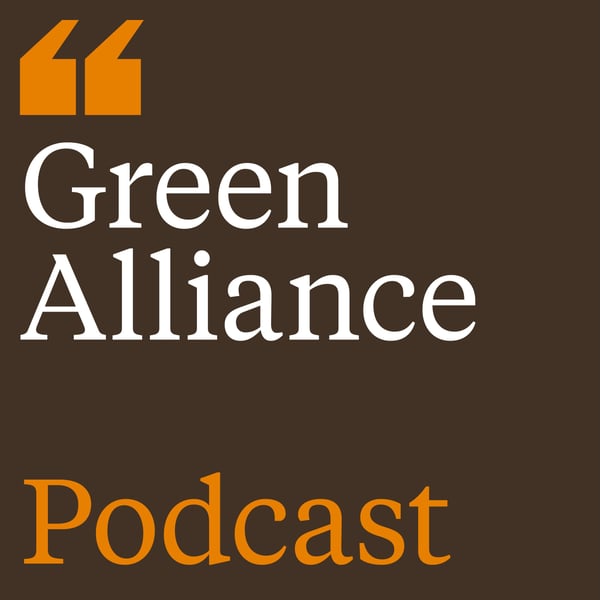What is the green power pool?
The Green Alliance Podcast
Green Alliance
4.9 • 34 Ratings
🗓️ 27 October 2022
⏱️ 34 minutes
🧾️ Download transcript
Summary
Transcript
Click on a timestamp to play from that location
| 0:00.0 | Welcome to the Green Alliance podcast. We are the charity and think tank that is all about |
| 0:12.7 | achieving ambitious leadership for the environment. I'm Werner Visinan, a policy analyst at Green |
| 0:18.6 | Alliance. Energy prices have been at the top of the political agenda |
| 0:23.0 | over the past year as the rising cost of gas and electricity have meant that the government |
| 0:27.4 | has had to step in to help both consumers and businesses pay their bills. While these steps are |
| 0:32.6 | welcome, they do not address the root cause of this crisis, which is the high global cost of gas |
| 0:38.1 | that is then also driving up electricity prices. |
| 0:41.4 | In this podcast, we will explore a potential solution to bring down electricity prices for good |
| 0:46.8 | by reforming electricity markets to take better advantage of low-cost renewables. |
| 0:52.2 | This proposal is called the Green Power Pool, and I will be speaking to one of its creators, |
| 0:57.0 | Paul Drummond, a senior research associate from University College London, a little bit later on to explore it in more detail. |
| 1:04.0 | So the idea behind the Green Power Pool is to split the market, to have a dual market. |
| 1:09.0 | But first, to set the stage for how high energy prices are particularly impacting the UK steel industry |
| 1:14.6 | in their attempts to decarmonise production, I'm speaking with Marian Doria, the global |
| 1:20.6 | head of risk and sustainability for GFG Alliance, the parent company of Liberty Steel, which is one |
| 1:26.6 | of the six steel companies currently operating in the UK. |
| 1:30.3 | Welcome, Marion. Thanks for coming to discuss this with us. |
| 1:34.3 | Thanks for having me, Werner. Glad to be here. |
| 1:36.3 | In terms of reducing emissions from industrial production, steel is often referred to as a hard-to-abate sector, as well as one that consumes |
| 1:46.2 | a lot of energy. Why is steel-making typically so energy and emissions intensive, and what can we do |
| 1:53.1 | about it? In a nutshell, it's because you need high temperatures. So whether you're transforming iron ore |
| 1:59.8 | into steel for primary production, or if you're melting |
... |
Transcript will be available on the free plan in -886 days. Upgrade to see the full transcript now.
Disclaimer: The podcast and artwork embedded on this page are from Green Alliance, and are the property of its owner and not affiliated with or endorsed by Tapesearch.
Generated transcripts are the property of Green Alliance and are distributed freely under the Fair Use doctrine. Transcripts generated by Tapesearch are not guaranteed to be accurate.
Copyright © Tapesearch 2025.

